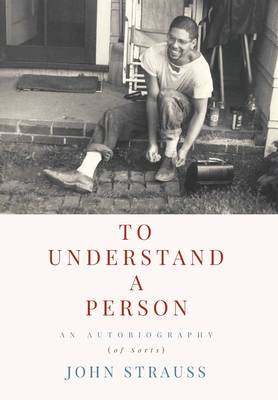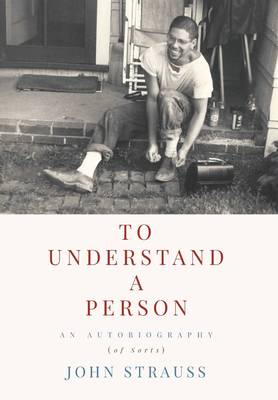
- Retrait gratuit dans votre magasin Club
- 7.000.000 titres dans notre catalogue
- Payer en toute sécurité
- Toujours un magasin près de chez vous
- Retrait gratuit dans votre magasin Club
- 7.000.000 titres dans notre catalogue
- Payer en toute sécurité
- Toujours un magasin près de chez vous
Description
How do you truly understand what it means to be a person, any person, a person struggling with mental illness? The author explores that difficult question in this "autobiography of sorts", not only from his perspective as a psychiatrist, but as someone whose mother was afflicted with a long-standing severe mental illness, and as someone with dedicated interest in both the sciences and the humanities. Early in his career, Dr. Strauss contributed the "multiaxial" structure to a diagnostic manual for psychiatry in an effort to include the many aspects of human functioning in psychiatric thinking. He showed with his colleague William Carpenter that people with schizophrenia can get better, and he has written extensively on how people with severe psychiatric disorders experience their lives and act to contribute to the processes of their own improvement. Using the lens of his medical training and years spent treating patients, as well as stories and perspectives gained from the various experiences in his life more generally - such as time spent hitchhiking for three months and 9000 miles around the US, extended periods in Paris working and writing with French friends including noted psychiatrists and a clown who works in an adult palliative care center - this autobiography serves to combine these into an approach towards understanding people and mental health as a human science, an approach that uses the rigors of medicine along with an appreciation of the depth and complexity of everyday life.
Spécifications
Parties prenantes
- Auteur(s) :
- Editeur:
Contenu
- Nombre de pages :
- 372
- Langue:
- Anglais
Caractéristiques
- EAN:
- 9781951937577
- Date de parution :
- 01-10-20
- Format:
- Livre relié
- Format numérique:
- Genaaid
- Dimensions :
- 152 mm x 229 mm
- Poids :
- 698 g







